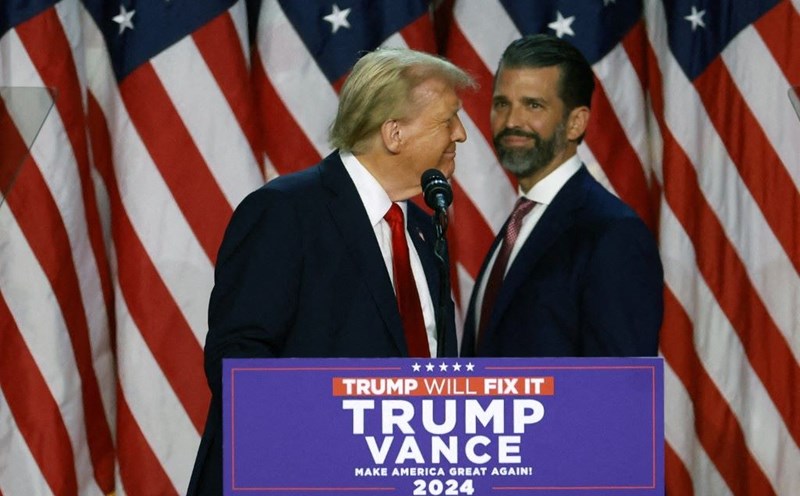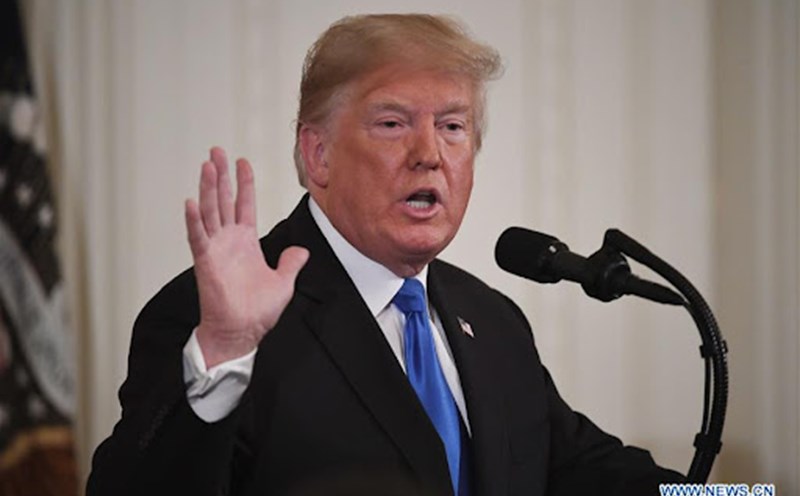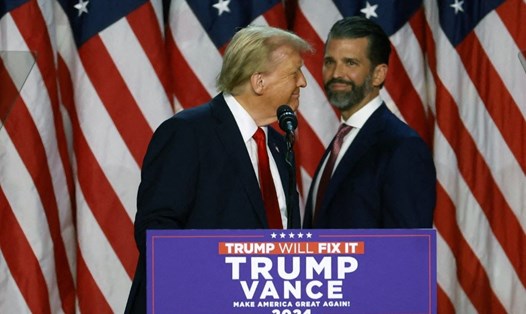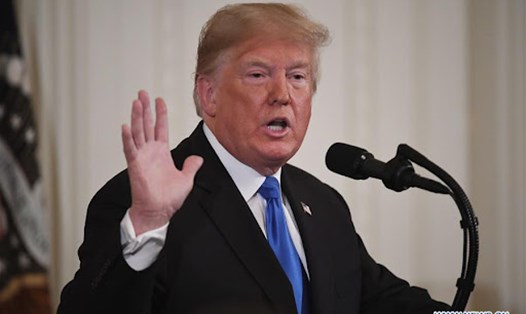President-elect Trump said he would impose a 25% tariff on all goods from Mexico and Canada to force these countries to increase control over drug trafficking, fentanyl precursors and prevent illegal immigration into the US. He stressed: "It's time for them to pay a big price!"
On the social network Truth Social, Mr. Trump wrote: "On January 20, one of my first executive orders will be to impose a 25% tax on all products from Mexico and Canada imported into the United States."
Regarding the above information, the Mexican Ministry of Finance said: "Mexico is a leading trading partner of the United States and the new Trade Agreement between the United States, Mexico and Canada (USMCA) provides a solid framework for domestic and international investors."
The tax rates that Mr. Trump set out seems to violate the terms of USMCA.
On the Chinese side, Mr. Trump also proposed an “additional 10% tariff” to be applied to goods from this country. Mr. Trump also accused China of not taking timely actions to prevent fentanyl precursors from flooding into the US.
President-elect Trump also said he might end China's most-favored-nation trade status with the United States - the most favorable status Washington has offered on tariffs and other restrictions on Beijing.
Sharing the above information with BBC, Mr. Liu Bang Vu, spokesman for the Chinese Embassy in Washington, denied the accusation that China was involved in the import of fentanyl precursors into the US.
“China believes that China-US economic and trade cooperation is win-win in nature. No one will win in a trade war or a tariff war,” Liu added.
Tariffs are a core part of Mr Trump’s economic vision, which he sees as a tool to boost the US economy, protect jobs and raise tax revenue.
During his election campaign, Mr. Trump threatened Mexico and China with tariffs of up to 100%, if he deemed necessary, much higher than the tariffs he imposed during his first term in office.
However, this is almost evaluated by economists, especially in the context that the country is struggling with a number of serious problems including the real estate market crisis, low domestic demand and increasing local authorities.











